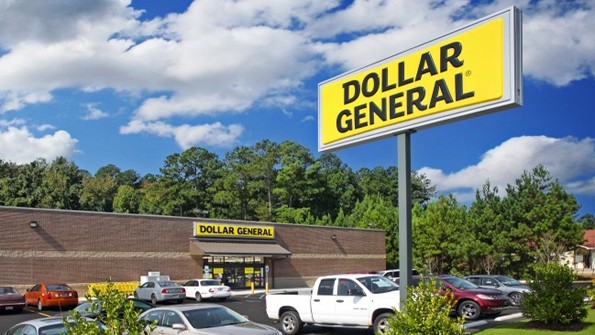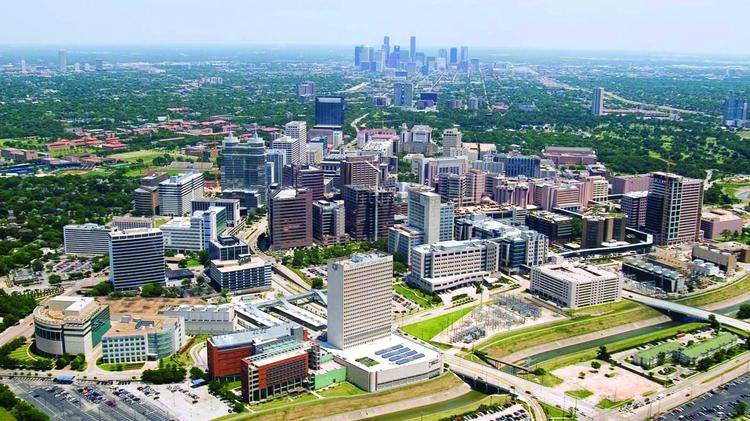Cap rates within the single tenant net lease dollar store sector increased by 15 basis points from the second quarter of 2015 to the second quarter of 2016 to a 6.65% cap rate.
The dollar store sector, for the purpose of this report, is defined as free standing Dollar General, Dollar Tree and Family Dollar properties, as these tenants represent the largest presence within the sector. Cap rates for Family Dollar assets remained unchanged while Dollar General and Dollar Tree experienced increases of 10 and 15 basis point each, respectively.
Read more at Realty Biz News









